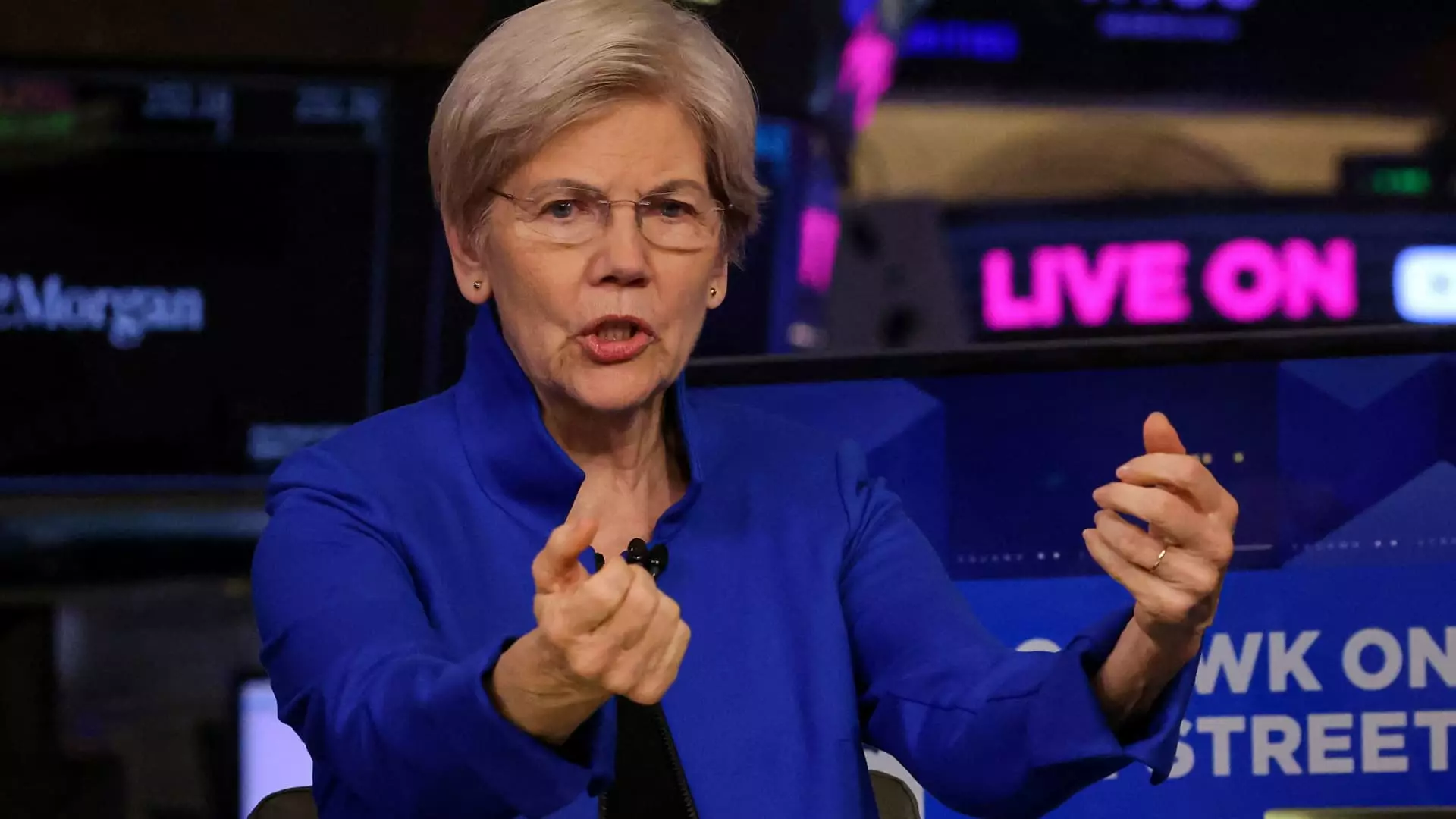At the heart of the U.S. financial system lies the Federal Reserve, an institution designed to operate independently of political influence. This separation is not merely a tradition but a crucial safeguard to ensure economic stability. When political figures threaten to undermine this independence, they risk destabilizing markets, eroding trust, and compromising the very tools needed to navigate economic turbulence. The recent rhetoric from President Trump, suggesting he might dismiss Federal Reserve Chairman Jerome Powell, exemplifies how political interference can threaten this delicate balance.
The independence of the Fed serves an essential purpose: it creates a buffer between short-term political pressures and long-term economic health. This autonomy assures markets that monetary policy is based on data and economic principles rather than political expediency. Once this trust is compromised, the consequences are profound. Investors, consumers, and international partners might question whether decisions are driven by economic necessity or political ambition, which can breed instability and volatility.
The idea that a sitting president could dismiss or influence the Fed’s leadership flouts the intended checks and balances embedded in the U.S. economic framework. Such threats subtly signal that economic policy could become a pawn in political games, risking unpredictable and potentially disastrous shifts in interest rates, inflation management, and financial stability. The importance of maintaining this independence cannot be overstated; it ensures that policy decisions remain rooted in expertise and economic research rather than fleeting political winds.
The Consequences of Undermining Trust in the Economy
When a leader publicly disparages or threatens the Fed, it sends a loud signal to global markets that American economic stewardship might be compromised. The immediate reactions are palpable—stock markets can plunge, currency values can fluctuate wildly, and investor confidence can erode. This scenario, which Warren rightly predicts as destructive, reveals a fundamental truth: markets thrive on predictability and transparent decision-making.
A destabilized dollar, plummeting stocks, and bond market chaos are not mere theoretical outcomes—they are real risks that threaten to spiral out of control if political influences override sound economic governance. The Fed’s credibility, once damaged, becomes extremely difficult to restore. In a globalized economy, trust in America’s monetary policy underpins international finance, trade, and economic growth. When that trust falters, the ripple effects can last for years, hampering economic recovery and affordability.
Moreover, such political meddling threatens to politicize an institution that should remain above partisan squabbles. The danger is not only immediate market trauma but also a precedent that could erode the institutional norms that safeguard economic stability. The integrity of the Fed depends on independence, and undermining it for short-term political gains risks long-term damage that could threaten the stability of the entire financial system.
The Dangerous Illusion of Personal Loyalty and Power
The obsession with loyalty and personal power can be perilous when it affects central economic institutions. Leaders who view the Fed as a personal tool rather than as an independent entity are likely to make short-sighted decisions rooted in political calculations. This approach neglects the profound complexities of monetary policy and the importance of expertise and stability.
Trump’s vocal criticism of Powell and the hints at potential removal reflect a dangerous mindset: that economic policy can be manipulated for partisan advantage. This attitude disregards the decades of established norms that ensure decisions are made with the nation’s long-term economic health in mind. The risk lies in creating a climate where economic stability becomes a pawn in political power plays, which diminishes the legitimacy of the Fed and endangers the broader economic landscape.
Furthermore, dismissing or threatening to dismiss a Federal Reserve Chairman during a period of economic uncertainty is akin to pulling the rug from under the entire financial system. Central banks’ credibility is fragile, and undermining their independence can destabilize the delicate mechanisms that keep inflation in check, interest rates manageable, and financial markets functioning smoothly.
By threatening to fire Powell, President Trump showcases a short-sighted view of economic governance—a view that underestimates the complexity of monetary policy and the importance of institutional independence. This attitude risks sowing chaos in markets, damaging investor confidence, and ultimately imposing real costs on ordinary Americans.
The Path Forward: Defending Institutional Integrity in a Politicized Age
In an era where political motives often overshadow expertise, safeguarding the independence of the Federal Reserve becomes a moral and economic imperative. The challenge lies in resisting the impulse to wield economic institutions as political weapons. Instead, we must recognize that a strong, independent central bank is fundamental to sustained economic growth and stability.
Protecting the Fed from partisan influence requires both political maturity and a clear understanding of the financial system’s intricacies. It demands an unwavering commitment to norms that keep monetary policy insulated from electoral politics. The consequences of failing to do so are dire—heightened volatility, diminished investor trust, and increased hardship for ordinary citizens who bear the brunt of economic instability.
The lesson here isn’t just about one individual or one administration; it’s about the importance of upholding the principles that serve as the backbone of a resilient economy. Democratic societies must find a way to balance political accountability with institutional independence—acknowledging that economic stability benefits everyone, regardless of political allegiance. Only through such a balanced approach can we ensure that monetary policy remains a tool for stability, not a pawn in political contests.


Leave a Reply